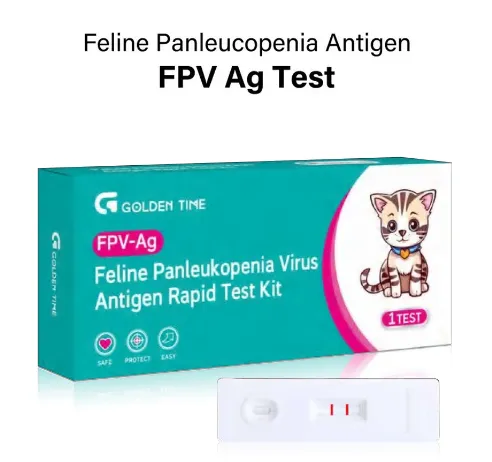Nov . 04, 2024 15:35 Back to list
Affordable HCV Test Pricing from Reliable Wholesale Suppliers for Efficient Healthcare Solutions
Understanding Wholesale HCV Test Prices and Suppliers
Hepatitis C Virus (HCV) testing is a critical component of public health efforts to control and manage hepatitis C infections. As the demand for HCV testing continues to rise due to increased awareness, prevalence of the disease, and advances in treatment options, it is essential to understand the wholesale pricing dynamics and prominent suppliers in the market.
The Importance of HCV Testing
HCV is a viral infection that primarily affects the liver and can lead to severe liver damage, including cirrhosis and liver cancer. The World Health Organization estimates that approximately 71 million people globally are living with chronic HCV infection. Early detection through testing allows for timely treatment, reducing the risk of severe complications and improving quality of life for affected individuals.
Factors Influencing Wholesale HCV Test Prices
1. Type of Test There are various types of HCV tests, including antibody tests, polymerase chain reaction (PCR) tests, and genotyping tests. Each type has a different production cost associated with it, leading to variability in wholesale pricing. For instance, PCR tests, which detect the virus's genetic material, are generally more expensive than antibody tests that check for antibodies against the virus.
2. Supplier and Manufacturer The market is populated by numerous suppliers, each with their pricing strategies based on production capacity, quality control, and distribution efficiency. Established suppliers may have economies of scale that allow them to offer more competitive pricing compared to newer entrants.
3. Regulatory and Compliance Costs In many countries, medical testing products, including HCV tests, must meet stringent regulatory requirements. Costs associated with obtaining necessary certifications and maintaining compliance can influence wholesale pricing.
4. Market Demand An increase in the prevalence of hepatitis C infections or heightened public health initiatives can lead to increased demand for HCV testing kits. This demand can drive prices up, particularly if suppliers cannot quickly scale production.
5. Distribution Channels Distribution strategies, including partnerships with laboratories, hospitals, and clinics, can impact wholesale prices. Suppliers who leverage efficient logistics may be able to reduce costs and offer lower prices to their customers.
wholesale hcv test price suppliers

Finding Reliable Wholesale HCV Test Suppliers
When sourcing wholesale HCV tests, it is crucial for healthcare providers and organizations to identify suppliers who offer high-quality products at competitive prices. Here are some steps to consider
1. Research and Compare Suppliers Utilize online platforms and trade shows to discover various HCV test suppliers. Comparing their products, prices, and services can help in making an informed decision.
2. Check Credentials Ensure that suppliers are certified and have a good track record within the industry. Verification of licenses and regulatory compliance can be critical in ensuring that the tests meet necessary medical standards.
3. Request Samples Before committing to a large order, request samples to evaluate the quality and reliability of the tests. This step can help in ensuring that the products perform according to expectations.
4. Understand Terms and Conditions Thoroughly review the suppliers' terms, including pricing structures, minimum order quantities, delivery options, and return policies. Clear communication can prevent misunderstandings and ensure smooth transactions.
5. Seek Recommendations Connect with other healthcare providers or organizations that have experience ordering HCV tests. Their recommendations can guide you towards reputable suppliers.
Conclusion
In conclusion, the wholesale pricing of HCV tests is influenced by various factors including test type, supplier capabilities, regulatory costs, market demand, and distribution strategies. As the global healthcare landscape continues to evolve, understanding these dynamics will empower healthcare providers to make informed choices about sourcing HCV testing kits. It is essential to prioritize quality and reliability while seeking cost-effective solutions to expand testing accessibility and advance public health initiatives. By aligning with reputable suppliers, providers can contribute significantly to the fight against hepatitis C.
-
Rapid Canine Corona Test: Fast & Accurate Results
NewsAug.06,2025
-
Rapid BZO Test Kit - Fast & Accurate Benzodiazepines Detection
NewsAug.04,2025
-
China Nylon Flocking Swabs - AI Enhanced Quality Collectors
NewsAug.03,2025
-
Highly Accurate hCG Pregnancy Test Strips - 5 Min Results
NewsAug.02,2025
-
Premium Empty ABS Plastic Cassettes: Durable & Lightweight Storage
NewsAug.01,2025
-
Accurate Cocaine (Coc) Rapid Test Kit | Fast & Reliable Detection
NewsJul.31,2025

